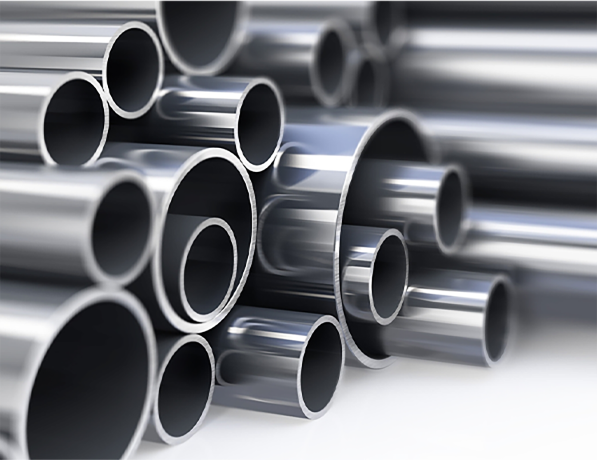
Important Car Parts Understanding the Essentials for Vehicle Performance
When it comes to automobiles, understanding the key parts of a car is essential for anyone looking to maintain or repair their vehicle. Each component plays a critical role in ensuring the car operates smoothly and efficiently. In this article, we will explore some of the most important car parts, their functions, and why they are vital to overall vehicle performance.
1. Engine
At the heart of any vehicle lies the engine, often referred to as the powerhouse of the car. The engine converts fuel into mechanical energy, propelling the vehicle forward. It consists of numerous components, including cylinders, pistons, and crankshafts. Regular maintenance, such as oil changes and coolant check-ups, is crucial to ensure the engine runs efficiently and prolong its lifespan. An engine failure can lead to costly repairs and may even require a complete replacement.
2
. TransmissionThe transmission is another critical component that connects the engine to the wheels. It is responsible for adjusting the power output to drive the vehicle at varying speeds. There are two main types manual and automatic. A well-functioning transmission provides smoother acceleration, better fuel efficiency, and a more enjoyable driving experience. Symptoms of transmission issues can include slipping gears, unusual noises, or delayed responses when shifting.
3. Brakes
Brakes are essential for safety and control while driving. They allow a driver to slow down or stop the vehicle and consist of various components, including brake pads, rotors, and calipers. The most common types of brakes are disc brakes and drum brakes. Regular inspection of brake pads is vital, as worn-out pads can lead to reduced braking efficiency and increased stopping distances, posing a significant safety risk.

4. Suspension System
The suspension system plays a crucial role in providing comfort and stability while driving. It consists of parts like shock absorbers, springs, and struts, which work together to absorb bumps and shocks from the road. A well-maintained suspension system improves vehicle handling, ensures tire longevity, and enhances overall driving comfort. Signs of suspension problems may include a rough ride, uneven tire wear, or excessive bouncing.
5. Electrical System
Modern vehicles are equipped with complex electrical systems that include the battery, alternator, and various sensors. The electrical system is responsible for powering essential functions such as lighting, infotainment, and safety features. A malfunctioning electrical system can lead to issues like dimming lights, difficulty starting the engine, or failure of electronic components. Regular checks of the battery and wiring can prevent unexpected breakdowns.
6. Exhaust System
The exhaust system guides harmful gases away from the engine and reduces emissions. It comprises parts such as the catalytic converter, muffler, and exhaust pipes. A properly functioning exhaust system helps improve fuel efficiency and ensures that the vehicle meets environmental standards. Signs of exhaust issues include unusual noises, decreased performance, and an unpleasant smell while driving.
Conclusion
Understanding the essential car parts is crucial for every vehicle owner. Regular maintenance and timely repairs can help ensure that your car operates efficiently and safely. Neglecting these components can lead to severe issues, including significant repair costs and unsafe driving conditions. By keeping an eye on the engine, transmission, brakes, suspension system, electrical system, and exhaust system, you can enhance not only the performance of your car but also the safety of your driving experience.